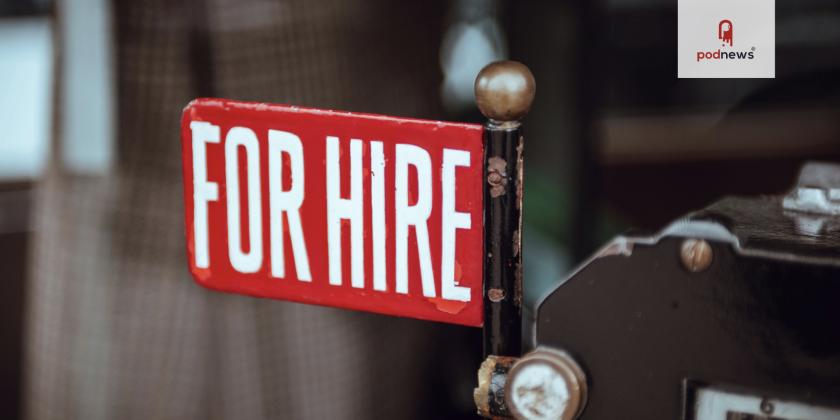
What to know when applying for a job in podcasting

This article is at least a year old
We carry many different opportunities in our jobs board every day: and we’d like you to get the best out of them.
Here, we share a few pieces of advice about how to apply and what to do if you’re selected for an interview.
Read the job ad carefully and tell them why you fit the role
You stand the best chance of getting an advertised role if you are the best fit for the job.
Your cover letter - which shouldn’t be more than three paragraphs - should succinctly quote parts of their job ad, and show that you’re the right person for the job.
“You’re looking for someone to help launch new shows - which is great because I launched 12 in the last year, four of which made it to #1 in Apple!”
Read the job ad carefully for what’s not there
We ask every employer to detail salary expectations for a role. In some parts of the world these are required by law; in others, their absence might be significant. If they won’t give a salary range, you might wonder why.
Similarly, the language used in a job ad, and additional benefits, can give some good clues as to whether this place will fit you personally as a place to work.
Say where you heard about the job
Employers have a choice about where to post jobs, and they will post in many different places. It’s useful for them to know where you saw their position. Mentioning Podnews is a good thing for them (and for us).
Podnews doesn’t charge for job listings - and our supporting companies get no extra features in our jobs board.
Check out the employer before applying
We link to an employer’s website, and you should also do your due diligence in terms of who the employer is, and whether you want to work for them. You might want to see who you know who works there on LinkedIn, for example, or other contacts.
We can’t check whether the company, or the specific department, is a good company to work for. It’s up to you whether you want to apply for any role. But we’d suggest doing your homework on them to see if they’re the sort of company you’d like to work for. A simple way is also to check what kind of content they make.
In an interview
Be on time. Wear the kind of clothes you’d wear in the office. Be in a quiet room. Sort out your lighting. Check your audio and video first. Look professional.
Be cautious in the interview
A good job interview will consist of finding out if you are a good fit for their position.
However, there may be a temptation to take advantage of the obvious power imbalance in a job interview. Be aware of this before taking part.
An interview is not free consultation. If you feel that you’re being asked a bit too much, you’re welcome not to answer, or suggest that “these are all things we can talk about when you give me the job”. If an interviewer makes you uncomfortable, you can end the discussion: they’re likely not a company you’d like to work for.
Similarly, if the interview is more concerned with asking you questions about your current place of work, then you don’t have to answer. Indeed, you can’t answer; and the interviewer should know that. “Of course, I can’t talk about that, and you’d not expect me to talk about our company once you give me the job”.
A job interview is not, also, a one-way question session. It’s there for you to ask questions of your employer, too. If there are things you’d like to know, better to ask during the interview.
Be nice, professional and helpful in an interview; but be cautious, too.
Follow up
Finally, if you don’t hear much after an interview, you might want to gently and politely follow-up. Employers are busy people: the reason they’re recruiting is that they need more people in the business to help. As long as you remind them courteously, it’s a benefit, and shows you’re interested and keen to work for them.
Good luck!
































































































